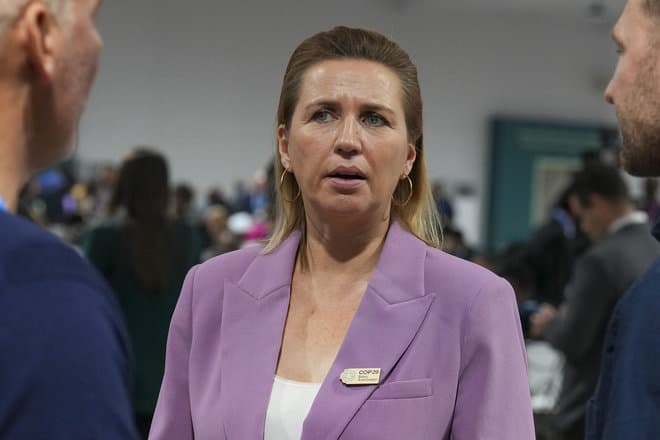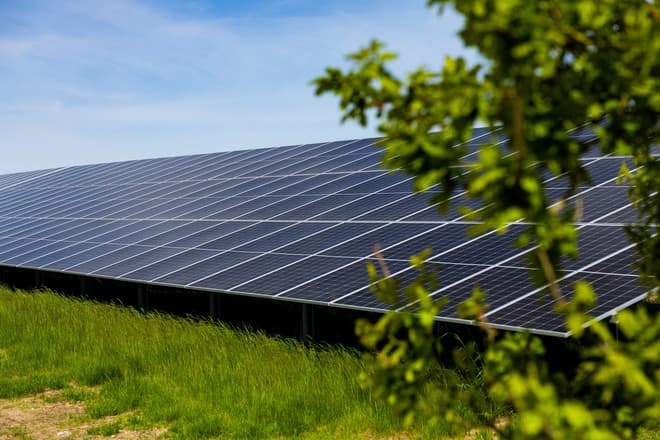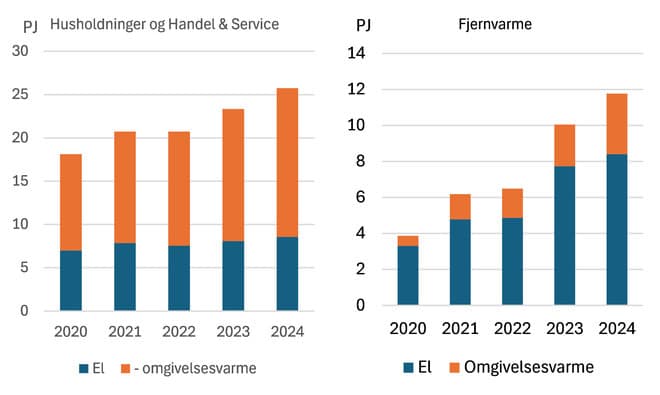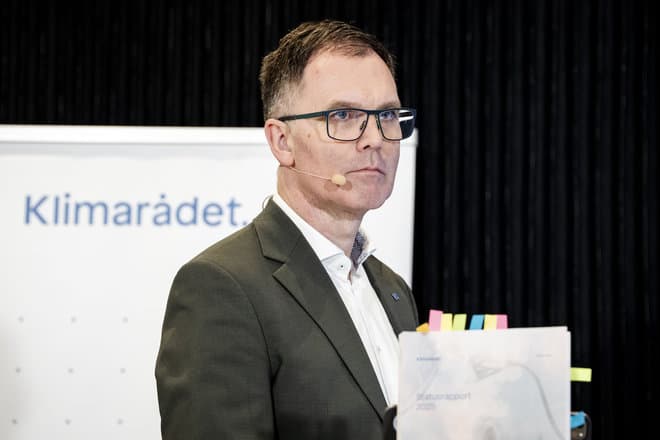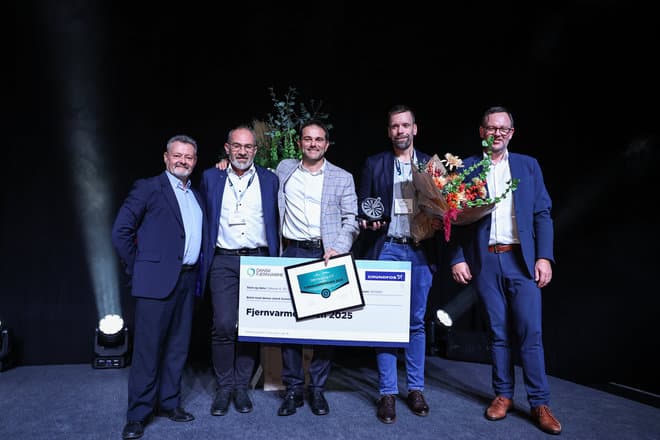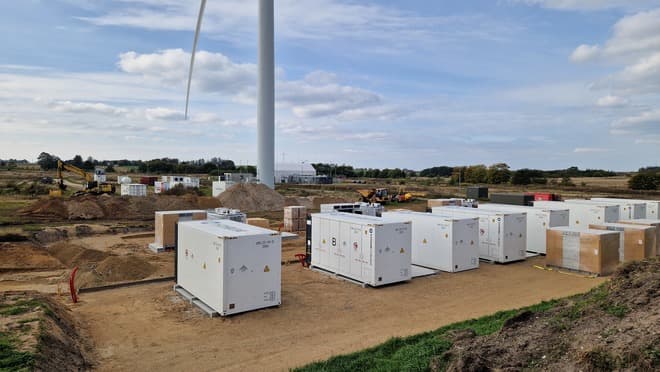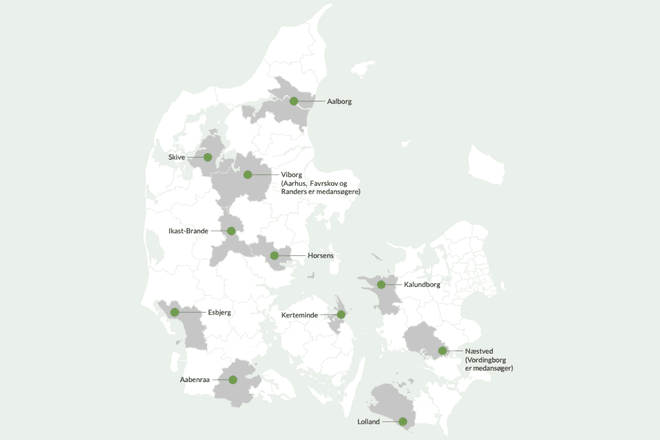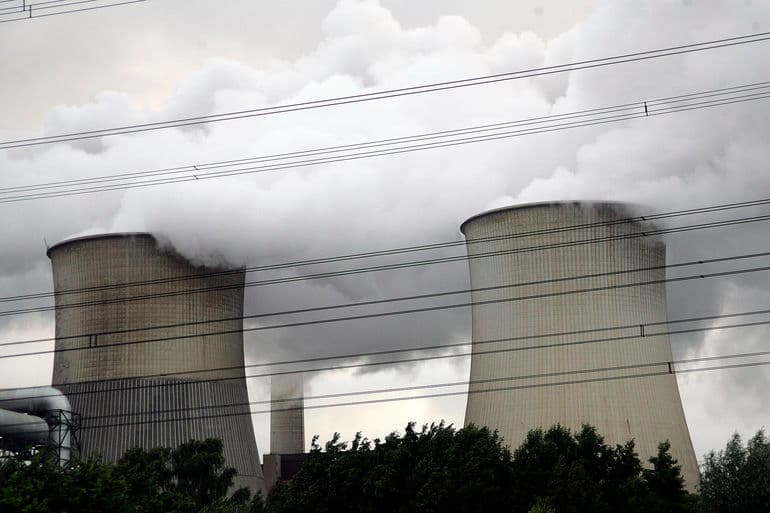
Germany, which among many other countries has abandoned nuclear power, is still struggling to find a final repository for highly radioactive nuclear waste. And despite many years of protests, the German state company for the permanent storage of nuclear waste (BGE) will not rule out that the highly radioactive waste will be deposited close to the Danish-German border, writes Flensborg Avis.
According to the company's annual report, parts of Schleswig-Holstein are interesting because there is a salt layer here that can prevent radioactivity from seeping through. This applies, among other things, to an area south of Flensburg Fjord near the town of Sterup. But it is still unknown whether the quality of the salt layer is sufficient at all.
- At the moment everything is done on paper or in computers. We look at the geological data we have. The more regular the subsoil is, the better it is suitable for a permanent storage, says the research company's CEO, Iris Graffunder, to the German news agency dpa.
In addition to the salt layer, the experts are interested in clay and granite in the subsoil. The possible risk of earthquakes or even future volcanic eruptions is also important. The decision must be made in the very long term. The highly radioactive waste must be stored safely for at least a million years.
A total of 27,000 cubic meters of highly radioactive waste will be stored in 16 temporary storage facilities at, among other things, decommissioned nuclear power plants in various locations in Germany, writes Flensborg Avis.
amp
Text, graphics, images, sound, and other content on this website are protected under copyright law. DK Medier reserves all rights to the content, including the right to exploit the content for the purpose of text and data mining, cf. Section 11b of the Copyright Act and Article 4 of the DSM Directive.
Customers with IP agreements/major customer agreements may only share Danish Offshore Industry articles internally for the purpose of handling specific cases. Sharing in connection with specific cases refers to journaling, archiving, or similar uses.
Customers with a personal subscription/login may not share Danish Offshore Industry articles with individuals who do not themselves have a personal subscription to Danish Offshore Industry.
Any deviation from the above requires written consent from DK Medier.


